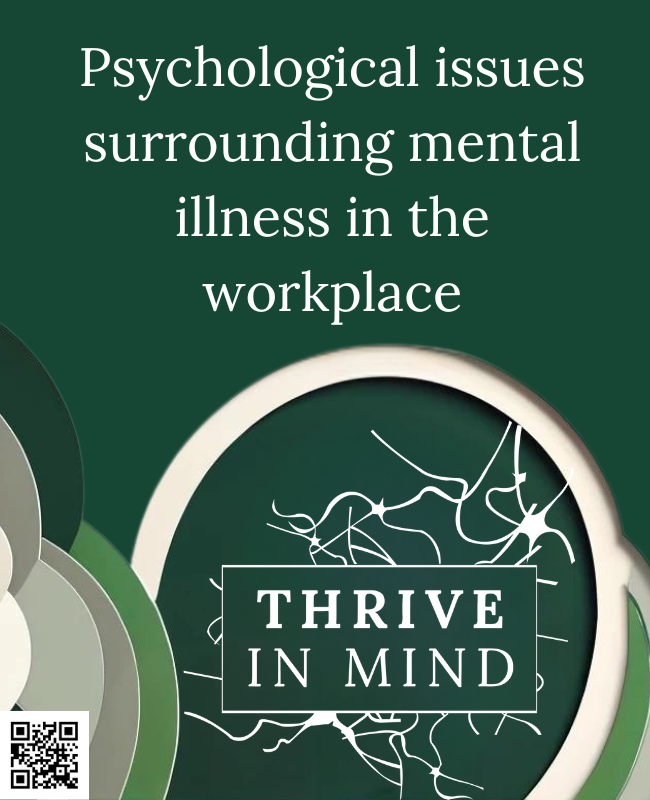The Lesser Known Causes Of Employee Burnout

Employee ‘burnout’ is a prevalent issue in today’s ever-changing work environments. While factors like excessive workload, lack of reward, and work-life balance are widely discussed, there are lesser-known causes that significantly contribute to ‘burnout’, especially in VUCA (volatile, uncertain, complex, and ambiguous) environments. This article aims to shed light on these causes and explore how organisations can address them to support employee well-being.
Lack of Job Fit: Employees may feel disconnected from their roles when there is a misalignment between their skills, responsibilities, and values. This can lead to dissatisfaction and ‘burnout’. Employers should assess job fit during the hiring process and regularly review alignment between employees’ skills, interests, and the company’s goals and values. Providing opportunities for employee growth and development can help mitigate ‘burnout’.
Lack of Support: Isolation in the workplace and a lack of meaningful connections and communication can significantly impact employee ‘burnout’, leading to low mood and anxiety. Organisations should encourage face-to-face meetings, team gatherings, and away days to foster a sense of community. Regularly reviewing remote working practices and encouraging real-world interactions can also help combat ‘burnout’ caused by isolation.
Lack of Autonomy and Meaningful Work: Lack of autonomy and meaningful work are major contributors to ‘burnout’. Employees who feel micromanaged or lack control over their tasks and decision-making may experience a sense of hopelessness and lose motivation. Employers can empower their employees by delegating more responsibilities, reviewing communication practices, and providing autonomy within their roles.
Task Ambiguity and Lack of Clarity: Unclear job expectations, changing responsibilities, and a lack of clarity about roles and desired outcomes generate stress and ‘burnout’. In an environment of constant change, employees may struggle to prioritize tasks and make informed decisions. Employers should provide clear guidance, regular communication, feedback, and opportunities for Q&A sessions to provide clarity and updated information.
Perfectionism: While striving for excellence is admirable, relentless pursuit without flexibility can contribute to ‘burnout’. Perfectionist employees often hold themselves to unrealistic or unachievable standards, fearing failure and constantly seeking achievement. Organisations must foster a culture that emphasises learning, growth, and embraces mistakes as opportunities for development. Employers who emphasize balance and foster self-compassion can help their staff avoid ‘burnout’.
By tackling the lesser-known causes of ‘burnout’, such as inadequate job fit, lack of support, limited autonomy, ambiguity, and perfectionism, organisations can cultivate healthier work environments that prioritize the well-being of their employees. By nurturing a sense of purpose, implementing support systems, empowering individuals, promoting clarity, and fostering a balanced approach, employers can progress towards preventing ‘burnout’ and fostering a thriving workforce.

